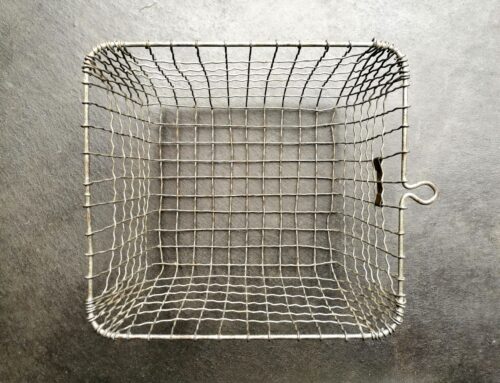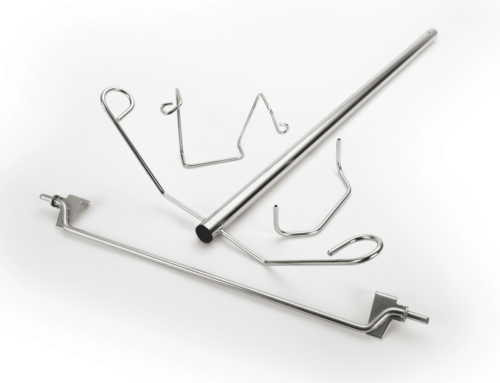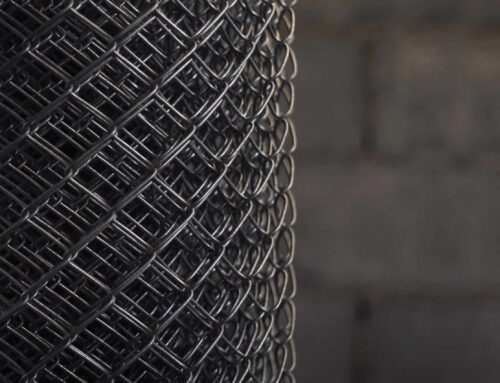CONTACT ACME WIRE PRODUCTS
Acme Wire Products has designed, recommended and manufactured custom wire components for customers in many diverse markets. We offer the benefit of our almost 50 years’ experience in the manufacture of component parts for hardware, medical & lab equipment, cable management, sporting goods, firearms, furniture, guarding, HVAC, pharmaceutical, automotive, optical and food service and processing industries.
Acme Wire’s designers work with our customers to create a wire component that will provide the greatest functional value. The design of wire products such as levers, handles, supports, rings, guards, baskets, trays, grids, frames, shelves are limited only by one’s imagination (and the limitations of technology).
Contact Acme Wire Products to assist you in determining the wire product best suited to your requirements!
Call Acme Wire Products at 1-800-723-7015 to get started.
Acme Wire Products Co., Inc. – Mystic, CT
Fax – 860-572-9456





